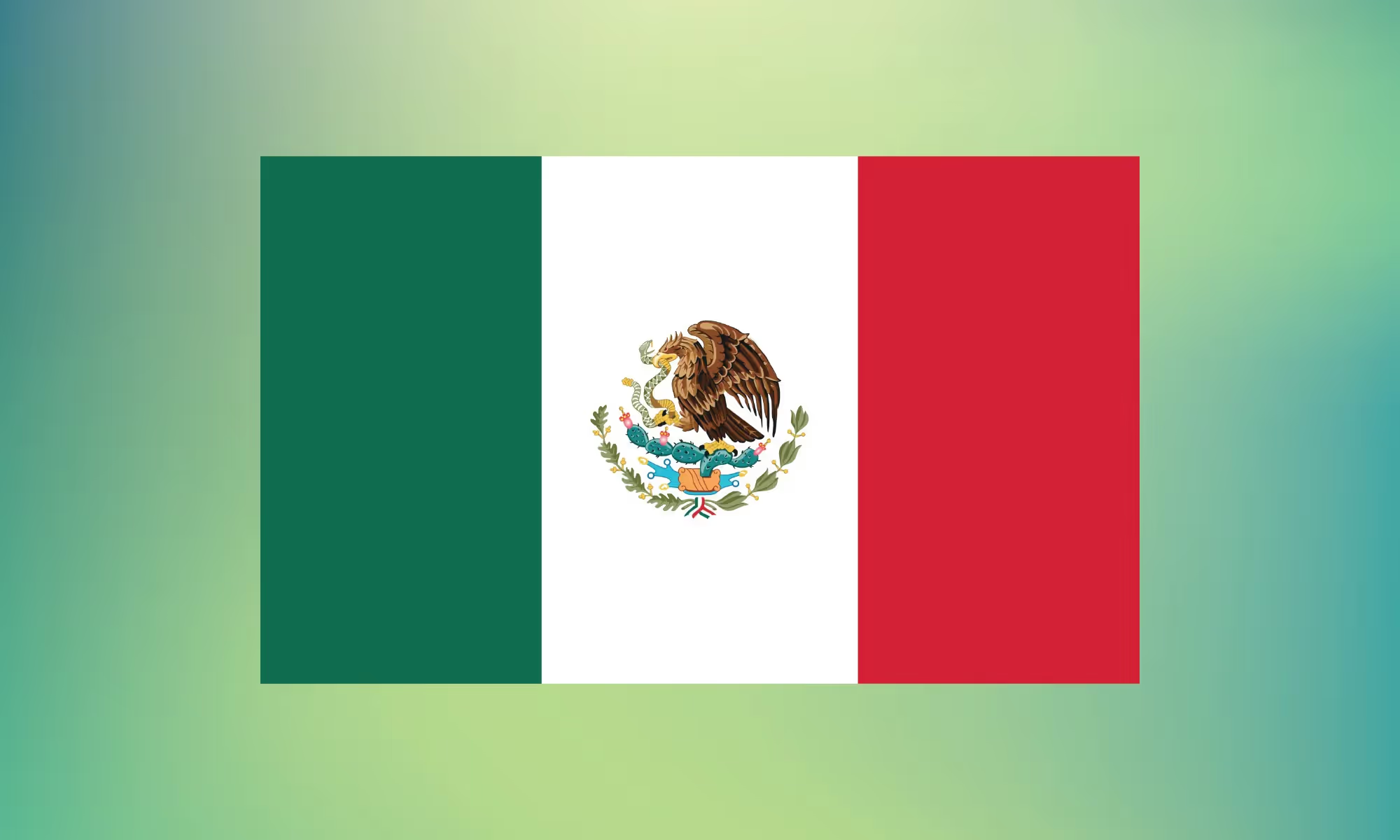France
E-invoicing Guide
Summary
E-Invoicing
B2G e-invoicing is mandatory, B2B e-invoicing is planned
Digital Reporting
Yes
France Electronic Invoicing and Digital Reporting Requirements
Background
B2G e-invoicing has been mandatory since 2020. Businesses should submit invoices to the Chorus Pro platform.
B2B e-invoicing and B2C and cross-border B2B e-reporting implementation has been postponed. The revised timeline for the rollout of the e-invoicing and e-reporting are:
- September 1, 2026: Large and medium-sized taxpayers will be obliged to comply with the e-invoicing and e-reporting mandates, and all taxpayers will be required to have the capability to receive electronic invoices.
- September 1, 2027: Small taxpayers will be required to comply with the e-invoicing and e-reporting mandates fully.
In both phases, the dates may be adjusted by one quarter if necessary, considering the significance of these changes for businesses.
What Types of Businesses Does This Apply to?
Current mandate
Businesses selling to public entities.
Upcoming mandate
B2B e-invoicing: Taxpayers established in France, including French branches of foreign businesses. B2G e-invoicing mandate will continue.
Cross border and B2C e-reporting: Taxpayers established in France and taxpayers not established in France carrying out transactions subject to French VAT fall within the scope of this upcoming mandate. Transactions by foreign taxpayers declared in the OSS return will not be subject to e-reporting.
The initially planned phased implementation of e-invoicing and e-reporting in France has been postponed.
The new timeline is the following:
- September 1, 2026: Large and medium-sized taxpayers would be obliged to comply with the e-invoicing and e-reporting mandates, and all taxpayers would be required to have the capability to receive electronic invoices.
- September 1, 2027: Small taxpayers would be required to comply with the e-invoicing and e-reporting mandates fully.
In both phases, the dates may be adjusted by one quarter if necessary, considering the significance of these changes for businesses.
Governmental Body Responsible for E-invoicing in France
Penalties for Not Adhering to France's E-invoice Mandates
- E-invoicing: Euro 15 per invoice, capped at EUR 15,000
- E-reporting: Euro 250 per transmission, capped at EUR 15,000
What does the e-invoicing process in France look like?
Current B2G e-invoicing mandate
The supplier sends the invoice to the Chorus Pro platform, which will validate its content, and then the invoice is made available to the buyer.
Upcoming e-invoicing and e-reporting mandate
Taxpayers have three options:
- Connect directly to Chorus Pro.
- Connect indirectly to Chorus Pro via a third-party service provider who sends the e-invoice in the agreed invoice format to Chorus Pro.
- Connect indirectly via a PDP that is an accredited service provider. The invoice should be sent to the PDP, who will extract the required transaction data and send the e-invoice in the agreed invoice format to Chorus Pro.
Is SAF-T Needed in France?
SAF-T (Fichier des Écritures Comptables (FEC) in French) was introduced in 2014. Taxpayers should provide the file to the tax authority in the case of a tax audit.
E-Invoicing & Global Tax Automation with Fonoa
One way to comply with Digital Reporting Requirements in France is to use a provider like Fonoa.
With Fonoa you can:
- Have one integration for your global needs, including France
- Save time and money by automatically cleaning your data to minimize errors and manual work
- Utilize our validation mechanisms to ensure reporting accuracy, data completeness, full control, and compliance
- Rest assured that transactions are successfully reported or queued for internal investigation with our retry mechanisms
- Get full visibility with our dashboards by filtering criteria, analyzing granular transaction data, and quickly importing /exporting information
Disclaimer on Tax Advice
Fonoa does not provide professional tax opinions or tax management advice specific to the facts and circumstances of your business and that your use of the Specification, Site, and In addition, due to rapidly changing tax rates and regulations that require interpretation by your qualified tax professionals, you bear full responsibility to determine the applicability of the output generated by the Specification and Services and to confirm its accuracy. No professional tax opinion and advice. Fonoa does not provide professional tax opinions or tax management advice specific to the facts and circumstances of your business and that your use of the Specification, Site, and In addition, due to rapidly changing tax rates and regulations that require interpretation by your qualified tax professionals, you bear full responsibility to determine the applicability of the output generated by the Specification and Services and to confirm its accuracy.










